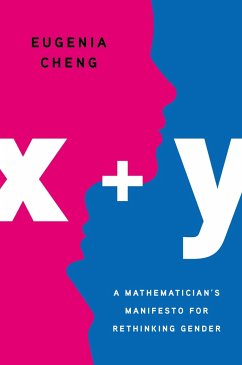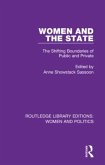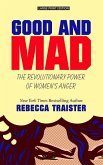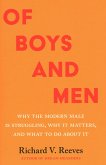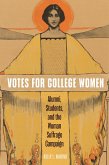"Eugenia Cheng can't help thinking like a mathematician. She also can't help thinking like a woman. After all, she's both. But there seems like there must be a clear tension. She had to learn to be a mathematician, for one thing, and-in the popular imagination, anyway-mathematics seems very "male," the domain of individualistic geniuses with terrible social skills, pursuing university tenure and fame. Those traits, however, aren't really what it means to do math: as Cheng has shown through her three previous books, what it really means to think like a mathematician is to see past the distracting, superficial details of things to find their essences. When she turned that thinking upon gender, she found, there wasn't much essence to speak of at all. But what she did find there has become this book. At the heart of x + y are two concepts: not masculine or feminine, but what Cheng calls ingressive and congressive personalities. Ingressive people are competitive, independent, bold, risk-taking, self-assured, and often have one-track minds: these are the people Cheng worked with in high finance, the sort of people who might do well as surgeons or daredevils. Congressive people, on the other hand, focus on society and community, take the needs of others into account, emphasize interconnectedness, and tend to collaborate. As a society, we associate ingressive personalities with men and congressive personalities with women. And herein lies the problem-the source not just of gender inequality, but a great deal of individual unhappiness. When a mathematician like Cheng pursues the issue abstractly, she finds nothing uniquely male about ingression or female about congression. But she does find that, from standardized exams to Nobel prizes, society fundamentally rewards the ingressive, thereby forcing many people-including Cheng herself, one upon a time-to learn and practice a suite of behaviors that they might not have otherwise. To Cheng, it would be a failure to think that a bunch of bad-ass female CEOs would represent true progress, or that the world will be better when men get in touch with their feminine side, because both those scenarios are predicated on faulty premises and bad abstractions. x + y is a call to action, offering a vision of how we can use the power of abstraction to make the world less competitive, that is, more congressive, and to solve gender inequality, not by encouraging men to be less aggressive, or women to be more, but by realizing that-once you start thinking about the problem like a mathematician-it becomes clear that most of what we ascribe to gender has nothing to do with gender at all"--
Hinweis: Dieser Artikel kann nur an eine deutsche Lieferadresse ausgeliefert werden.
Hinweis: Dieser Artikel kann nur an eine deutsche Lieferadresse ausgeliefert werden.

